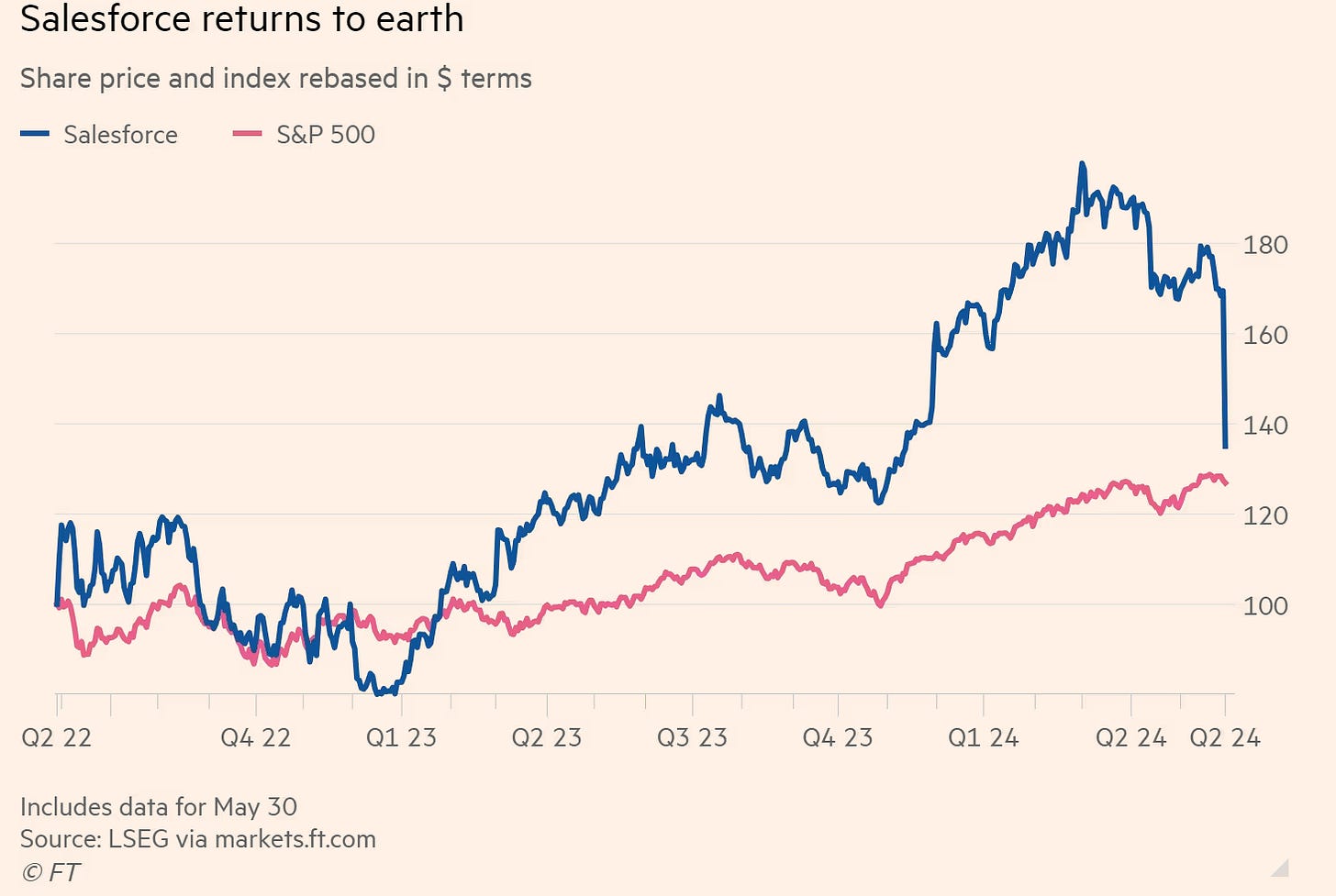Reading
Trump’s Conviction and his future1
Manhattan District Attorney Alvin Bragg recently secured a conviction against former President Donald Trump on 34 counts of falsifying business records related to a hush-money payment to Stormy Daniels during the 2016 election. This case could set a precedent as Bragg must now decide whether to pursue imprisonment for Trump or leave the sentencing to the judge, with potential penalties ranging from probation to four years in prison.
Despite the conviction, Bragg faces a lengthy legal battle with likely appeals, especially if Trump wins another presidential term. The decision to charge Trump was controversial, with previous prosecutors, including Cyrus Vance Jr., hesitating due to the untested legal theory. However, Bragg pursued the case, emphasizing equal justice regardless of wealth or status.
Trump, facing three other indictments, denies the affair with Daniels and plans to appeal the conviction. The sentencing, set for July 11, will include input from the state probation department and recommendations from both legal teams. Bragg's handling of this high-profile case and its aftermath will significantly impact his legacy as Manhattan's district attorney.
I see this case's pursuit as a positive outcome for Trump going into the 2024 election as the appeal process will likely be lengthy and he will be able to argue lawfare was used to delegitimize the power of democracy. This will further fuel his voters to vote against the Democrats who are using “corrupt” practices to maintain their power.
Salesforce’s Price Drop Linked to AI2
Salesforce co-founder Marc Benioff expressed concerns about OpenAI allegedly stealing data from companies like Time, Dow Jones, and Reddit. Despite Benioff's reassurance about Salesforce's long-term outlook, the company's shares plummeted 20% on Thursday, reducing its market value by approximately $50 billion. The decline was driven by lower-than-expected revenue and booking projections, with second-quarter sales growth forecasted to be in the single digits.
The main issue is the impact of artificial intelligence (AI) on IT budgets, as companies might allocate more resources to new AI products. Benioff highlighted Salesforce's growth, noting that annual revenues nearly doubled from $20 billion to $40 billion since the pandemic. However, the company's expansion led to a workforce increase, which has since been reduced following pressure from activist investor Elliott Management to cut costs and focus on profitability.
Benioff believes that while AI models will become commoditized, Salesforce's software will remain essential due to the valuable data it gathers for clients. Despite his optimism, many remain skeptical about Salesforce's position in the AI revolution.
Obsessing
The Search for the Origins of Covid Intensifies
At a recent hearing on the origins of COVID-19, Ohio Republican Brad Wenstrup emphasized the committee's support for global health research while expressing concerns that certain research could increase the risk of a pandemic. The committee scrutinized Dr. Peter Daszak, president of EcoHealth Alliance, which had collaborated with the Wuhan Institute of Virology on bat coronavirus research.3
Both Republicans and Democrats criticized Daszak and EcoHealth for not complying with grant terms, leading to a suspension of their federal funding. The hearings have focused on potential lapses in laboratory safety and financial oversight, sparking debate on the appropriate scrutiny of scientific research and its impact on public health.
The committee also investigated communications between Daszak and Dr. David Morens, a senior advisor to Dr. Anthony Fauci, revealing informal exchanges that raised questions about transparency and adherence to public records laws. Dr. Fauci is expected to testify next, facing questions about these communications and EcoHealth's funding practices.
Testimony from Morens intensified congressional concerns about the potential concealment or destruction of emails related to the NIAID's connections with the Wuhan Institute of Virology. Over 150 emails released by the House Select Subcommittee on the Coronavirus Pandemic revealed that Morens deliberately avoided Freedom of Information Act (FOIA) requests by deleting emails, using private email accounts, and manipulating keywords in correspondence.
Morens worked closely with Peter Daszak, president of EcoHealth Alliance, which had funneled NIAID funding to the Wuhan lab. He used his private Gmail to communicate with Daszak and Fauci, bypassing official channels. An email from April 2021 suggested that Fauci may have also used private email to avoid public scrutiny. Morens' testimony and emails contradicted previous statements he made to the committee, leading to calls for a Department of Justice investigation into possible false statements.
The emails also contained unprofessional remarks and jokes about circumventing FOIA, which further damaged trust in NIAID's transparency. Committee members from both parties criticized the culture of secrecy within NIAID, and the Department of Health and Human Services suspended federal funding to EcoHealth and Daszak pending further investigation.
Critics argue that the hearings are politically motivated and undermine scientific efforts, while supporters believe they are necessary to ensure accountability and prevent future pandemics. The hearings have highlighted the polarized views on the origins of COVID-19 and the handling of pandemic-related research. The senate sub-committee investigating the origins of the covid-19 pandemic will be calling in Dr.Anthony Fauci on Monday June 3rd.4
Learning
Supersharers on X5
During the 2020 US presidential election, a small group of 2,107 registered US voters, termed "supersharers," were responsible for 80% of the fake news shared on Twitter. This analysis was conducted on a panel of 664,391 registered voters. Supersharers reached 5.2% of registered voters on the platform and were notably overrepresented by women, older adults, and registered Republicans. The large volume of fake news they shared appeared to be manually generated through persistent retweeting rather than automated processes. These findings underscore a significant vulnerability in social media, where a small group can heavily influence political perceptions and distort reality for many.


